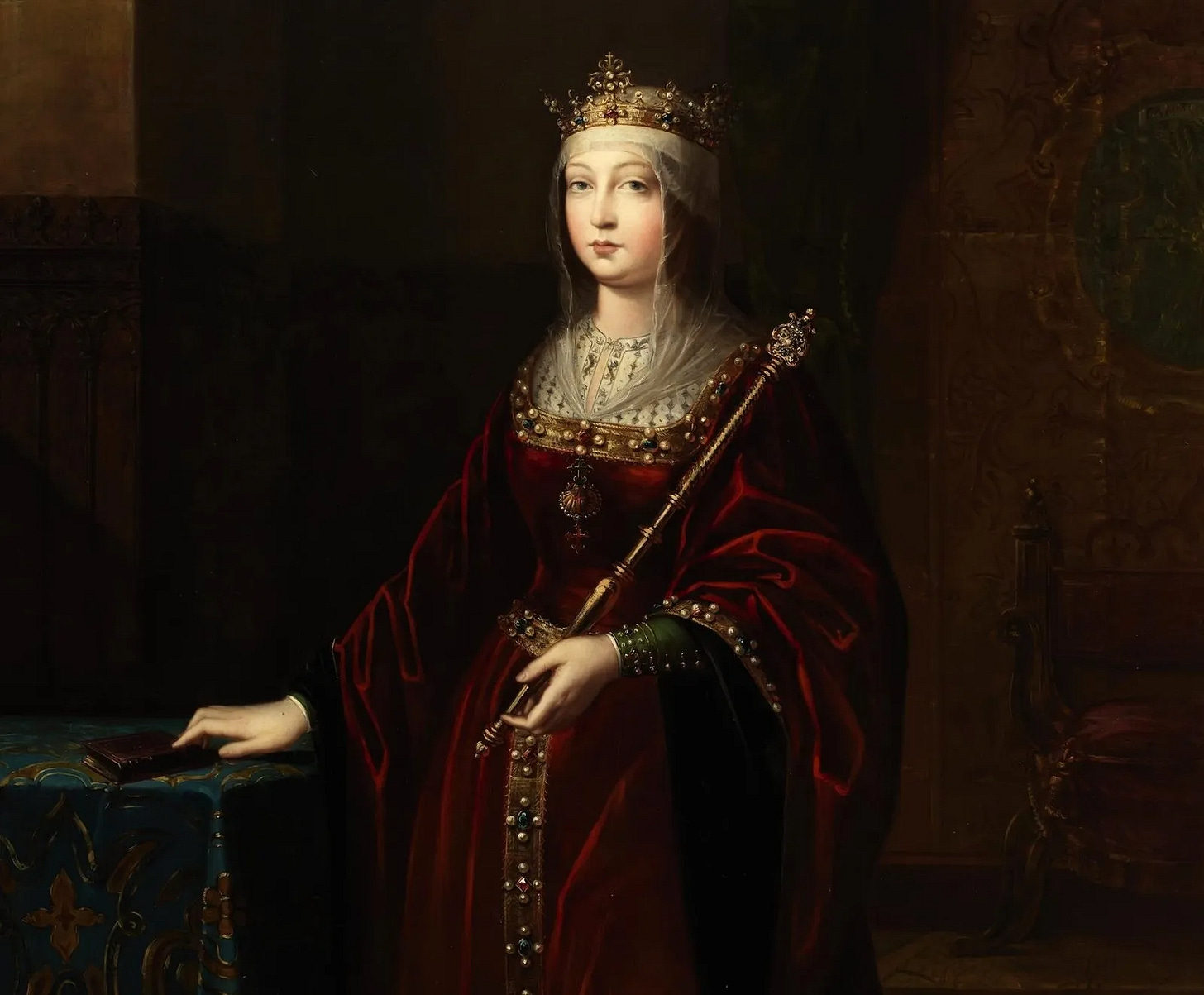The complicated case of Queen Isabella’s beatification cause
Isabella is considered the most important monarch in Spanish history—but also the most controversial.
The beatification cause for Isabella, queen of Castile in the 15th and early 16th centuries, is perhaps the most contentious in the Spanish-speaking world.
Isabella is considered the most important monarch in Spanish history—but also the most controversial.
Her detractors claim that her role in the exp…

